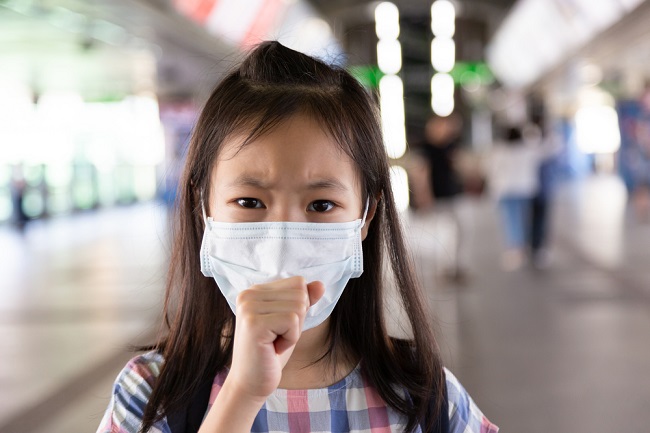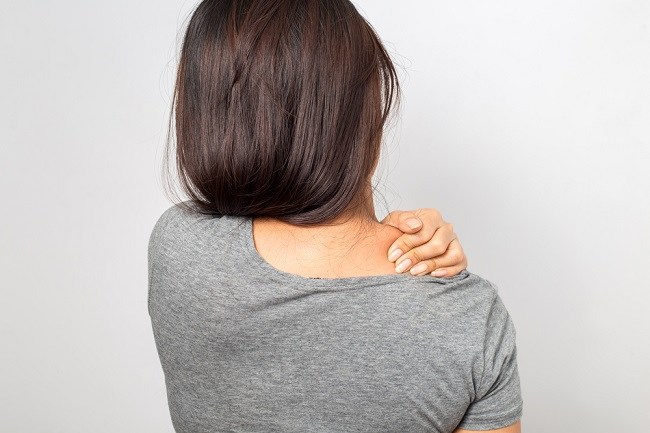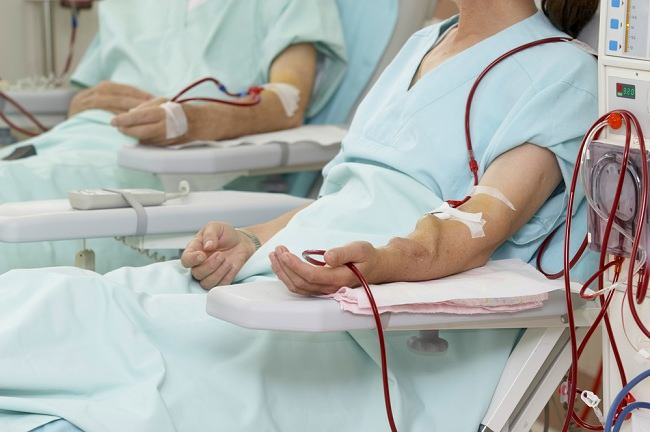In order to maintain health during pregnancy, pregnant women are not allowed to eat carelessly. This is because indiscriminate eating patterns have a high risk of causing listeriosis which can cause health problems, specifically in babies in the womb.
Listeriosis is an infectious disease that arises as a result of consuming food or drink contaminated with bacteria Listeria monocytogenes. Pregnant women are very susceptible to listeriosis, especially in the third trimester of pregnancy, because the immune system tends to decrease at this time.

Dangers of Listeria Infection in Pregnant Women
Bacteria Listeria monocytogenes often infects humans through food or drink, such as raw vegetables, raw meat, and processed foods contaminated with bacteria, as well as unpasteurized milk or its derivatives.
Bacteria Listeria monocytogenes can withstand low temperatures. Therefore, pregnant women also need to be wary of ready-to-eat foods or certain processed foods made in the form of frozen food.
Listeria infection can not only be suffered by pregnant women, but can also be transmitted to the fetus through the placenta. Some of the dangers of listeriosis to pregnancy include:
- Miscarriage
- The fetus dies in the womb
- Premature birth
- Babies born with severe infections, such as meningitis and blood infections in infants
Recognizing the Symptoms of Listeriosis
Listeria bacterial infections may not cause any symptoms. However, if present, symptoms usually appear 3 days to 2 months after pregnant women eat food contaminated with this bacterium.
Some of the symptoms of listeriosis in pregnant women include:
- Headache
- Fever
- Nausea and vomiting
- Muscle ache
- Sore throat
- Diarrhea
In some cases, listeriosis can attack the nervous system and cause neck stiffness, disorientation, and even seizures. However, cases like this are rare.
Tips for Preventing Listeriosis in Pregnant Women
To protect pregnant women and their fetuses from the dangers of listeriosis, the first thing that pregnant women need to pay attention to is storing and preparing food properly. Make sure pregnant women always do the following:
- Set the refrigerator temperature to a minimum of 4 degrees Celsius when storing food ingredients. Don't forget to clean the refrigerator regularly.
- Wash vegetables and fruit under running water until clean before consuming or cooking. As much as possible peel fruits and vegetables before consumption.
- Check the expiration date on each food product packaging.
- Wash your hands every time you finish preparing or cooking processed meat.
- Reheat cooked food stored in the refrigerator to a temperature of 75 degrees Celsius when it will be consumed, because Lwife can stay alive in the cold temperature of the refrigerator.
- Wash all cooking utensils, such as knives and cutting mats that have been used to cut raw meat, before using them in other foods.
- Cook food until done, at least 75 degrees Celsius. Use the help of a cooking thermometer to be sure.
The second thing that pregnant women need to pay attention to is choosing the right food. The following are things pregnant women need to do:
- Check packaging labels before buying food products. Avoid consuming undercooked or raw foods. Also avoid consuming unpasteurized milk, including dairy products, such as cheese, ice cream, and yogurt.
- Choose fruit that is fresh and freshly cut if you want to eat fruit. Avoid fruit that has been left at room temperature for more than 4 hours. Also make sure the fruit has been cleaned beforehand.
- Avoid consuming processed meats, such as sausages, unless they are made and cooked yourself, to make sure the food has been properly prepared.
- Avoid consumption seafood processed by smoking or salad which is sold in packaged form.
Avoid foods that are dangerous for pregnant women and do the tips above. This not only protects pregnant women from listeriosis, but also from various other diseases that can harm pregnancy.
If pregnant women are worried about experiencing the symptoms of listeriosis after eating certain foods, you should immediately consult a gynecologist. If an infection is found Lwife, the doctor will give antibiotics and adjust the dose according to the condition of pregnant women.









